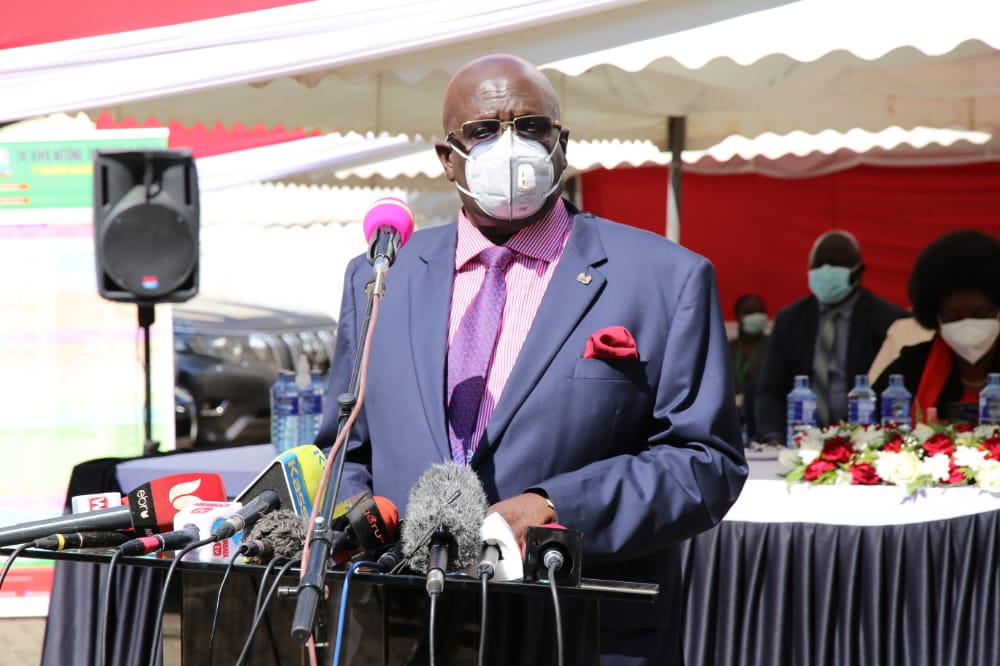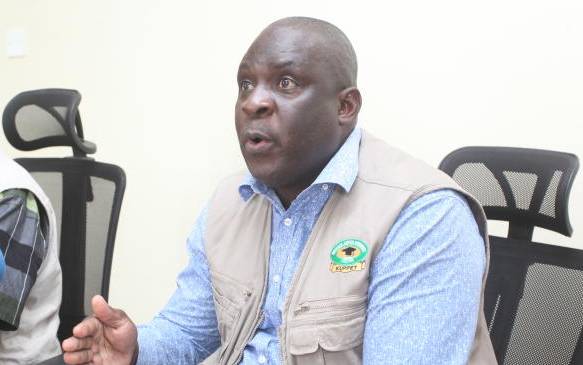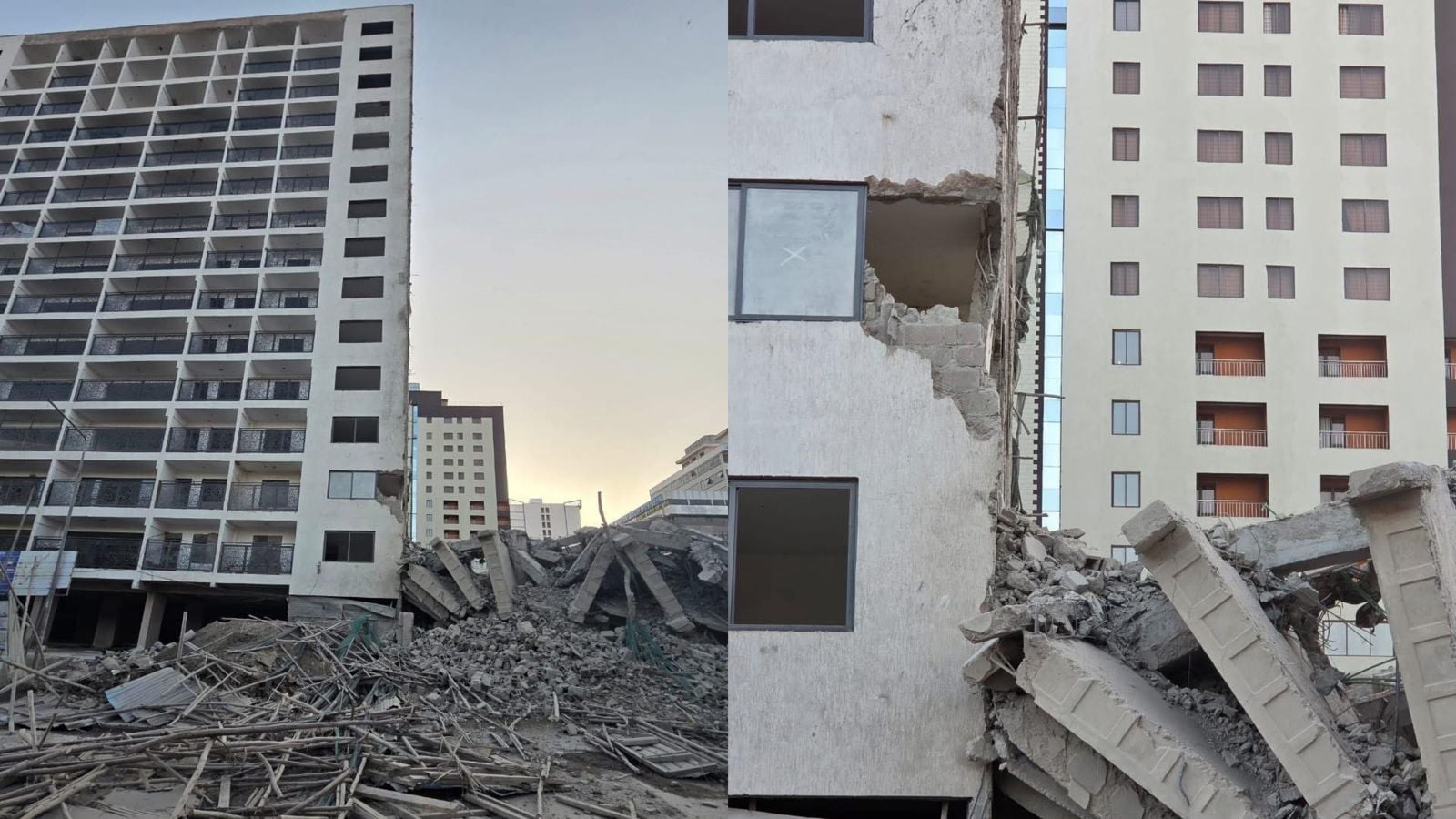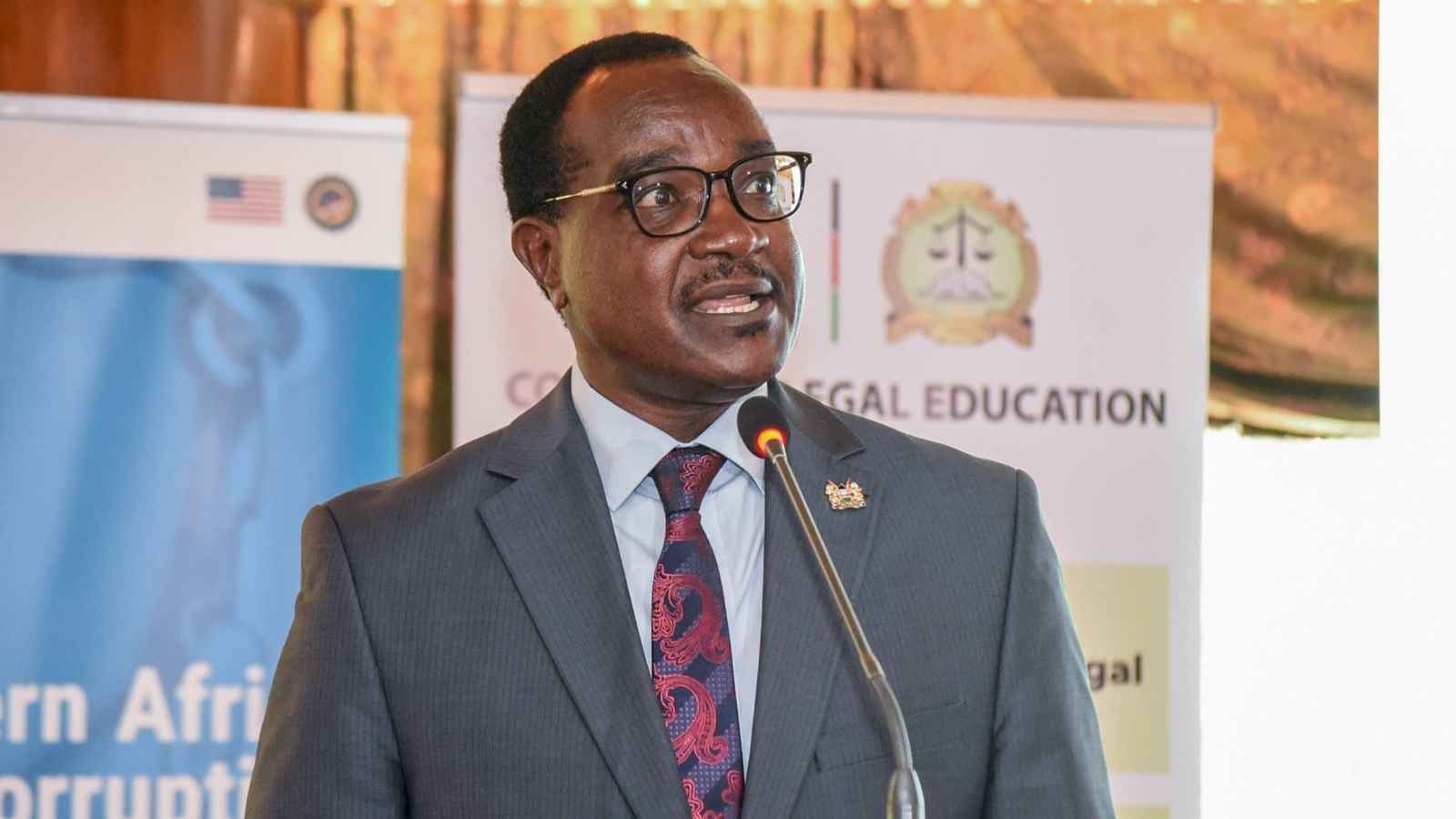The Kenya Union of Post Primary Education Teachers (Kuppet) has called out Education Cabinet Secretary Professor George Magoha over the mandatory drug tests in schools.
Kuppet National Chairperson Omboko Milemba rubbished the tests stating that the process is illegal and unprofessional.
“This act is unprofessional, unconstitutional and illegal. It is also not in line with the training of children; it violates the Children’s Act and must be stopped," Milemba said.

Read More
The Kuppet chair who is also the Member of Parliament for Emuhaya and a member of the National Assembly Education Committee faulted CS Magoha for failing to consult with education stakeholders before enforcing the directive is schools.
“Does Magoha consult? Does he even talk to his staff or other Education stakeholders; or even experts in his office? Because if he does, then he should have been told that this is illegal and immoral,” Milemba said.
The Kuppet chair stated that the drug tests are forced and will not deliver on the intended purpose.
Milemba advice that the Ministry of Education explore other avenues of counselling and guidance.
“Forced tests will make children develop hard-line stand and even get hardened. They will adopt bad behaviour and challenge teachers that they were cleared of any drug abuse,” the lawmaker said.
This comes after several schools in the country called for mandatory drug tests among learners before their return to school.
The order was called for by schools management following the recent rise in school unrest resulting in fires that have razed down establishments within various institutions across the country.
Maranda High School the first to demand mandatory drug tests among learners before their return to school.
The school's management directed that students undergo a drug test at a medical facility of their choice and then present the certificate on the day of admisson.
The school would then carry out a follow-up test to ascertain the accuracy of the drug test.
The directive has since been opposed by various academic stakeholders, who have termed it an infringement on the rights of learners.





